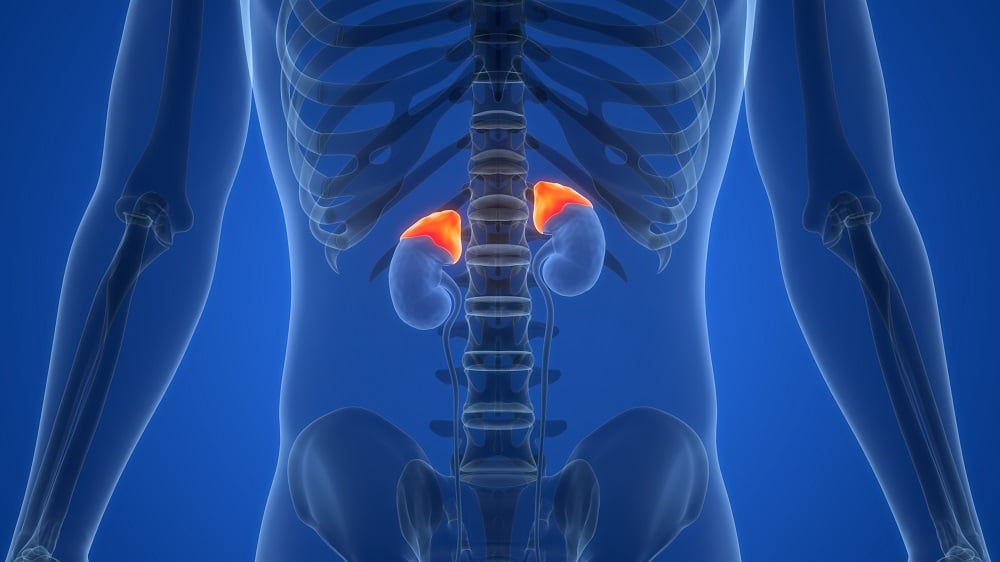A recent study published in Nature Communications has revealed a groundbreaking approach to addressing the significant tissue damage caused by Streptococcus pyogenes, commonly known as the flesh-eating bacterium responsible for devastating conditions like necrotizing fasciitis. The research presents innovative insights into how inhibiting bacterial metabolism can enhance host recovery and improve treatment efficacy.
Overview of the Study
The study, led by Wei Xu, Ph.D., an assistant professor at the Marshall University Joan C. Edwards School of Medicine, along with collaborators from Washington University School of Medicine and Central China Normal University, focused on the mechanisms by which S. pyogenes impacts the human immune response.
The researchers discovered that the bacterium utilizes an aerobic mixed-acid fermentation process that generates toxic metabolic byproducts, such as acetate and formate. These byproducts were found to:
- Impair immune function
- Delay bacterial clearance
- Slow wound healing
By targeting this metabolic pathway with a specific inhibitor—specifically, a pyruvate dehydrogenase (PDH) inhibitor—the researchers were able to significantly reduce tissue damage in a mouse model of necrotizing skin infection.
The Mechanisms of Damage
The metabolic disturbances caused by S. pyogenes lead to profound effects on the host's tissues. The following table outlines the key metabolic byproducts involved and their implications for infection severity:
| Metabolic Byproduct | Effect on Host |
|---|---|
| Acetate | Inhibits immune cell recruitment to the infection site. |
| Formate | Delays healing processes and enhances inflammation. |
| PDH Activity | Promotes ulcer progression and late-stage infection severity. |
Implications for Therapy
The findings suggest a promising new direction in treating S. pyogenes infections. By reprogramming bacterial metabolism, clinicians may achieve:
- Enhanced tolerance to infection
- Improved healing outcomes for patients
- Potential adjuvant therapy that works in conjunction with traditional antibiotics
Dr. Xu stated, "This study sheds light on how bacterial metabolism influences the immune system. By understanding these interactions, we can develop new treatment strategies that protect tissues, enhance antibiotic efficacy, and improve patient outcomes."
Future Directions
Moving forward, the research team indicates a need for further investigations into:
- The long-term effects of metabolic reprogramming on bacterial physiology and infection outcomes.
- Clinical trials to evaluate the effectiveness of PDH inhibitors in humans.
- The development of combination therapies that incorporate metabolic inhibitors alongside existing antibiotics.
Such advancements could revolutionize how we approach severe bacterial infections, potentially leading to better management strategies and enhanced patient prognoses.
References
Wei Xu et al, "Reprogramming aerobic metabolism mitigates Streptococcus pyogenes tissue damage in a mouse necrotizing skin infection model," Nature Communications, (2025). DOI: 10.1038/s41467-025-57348-x
The full article can be accessed through Medical Xpress.













Discussion